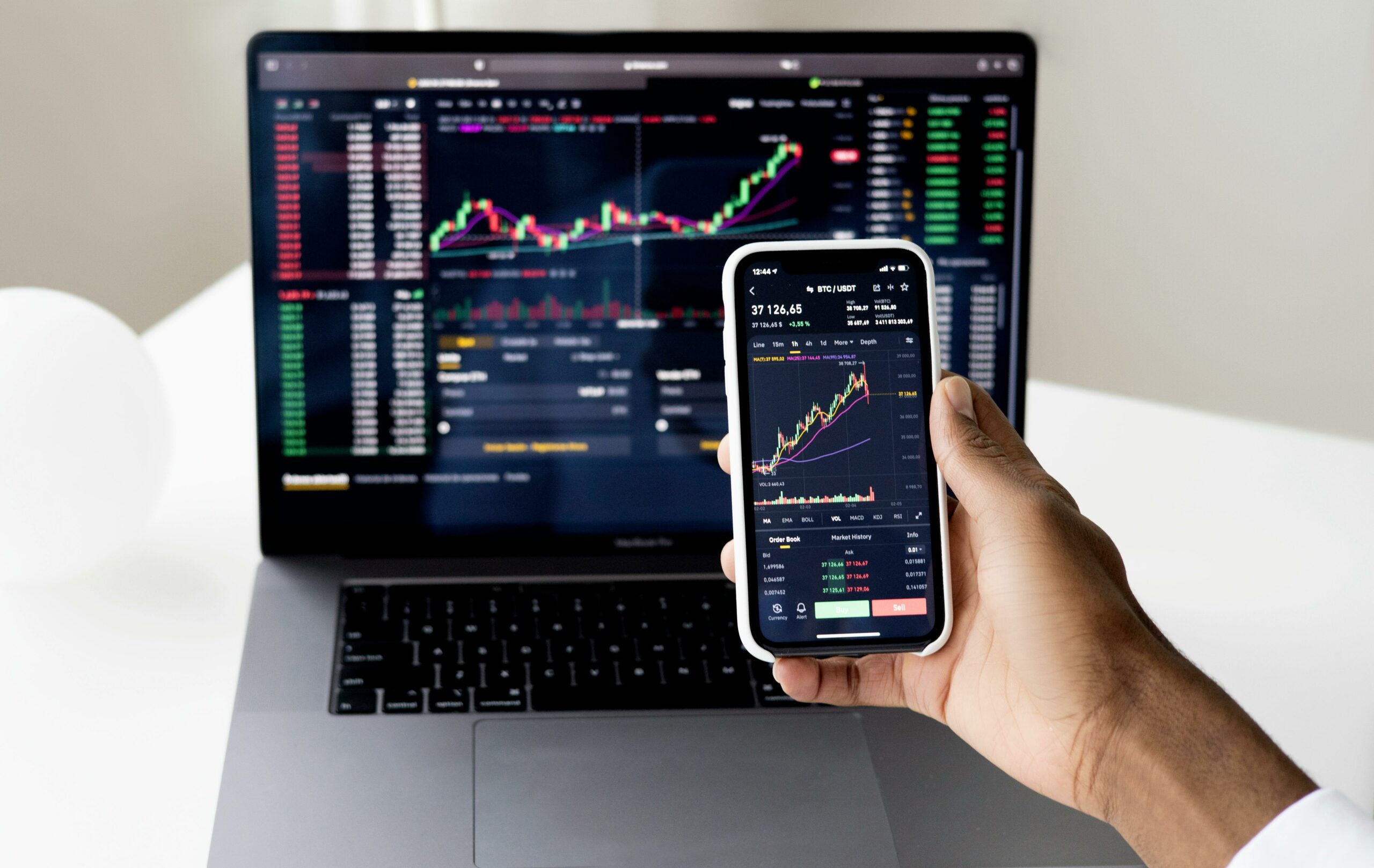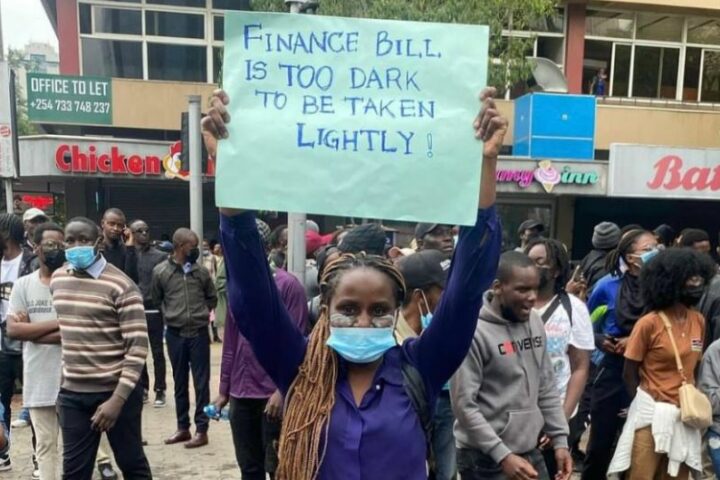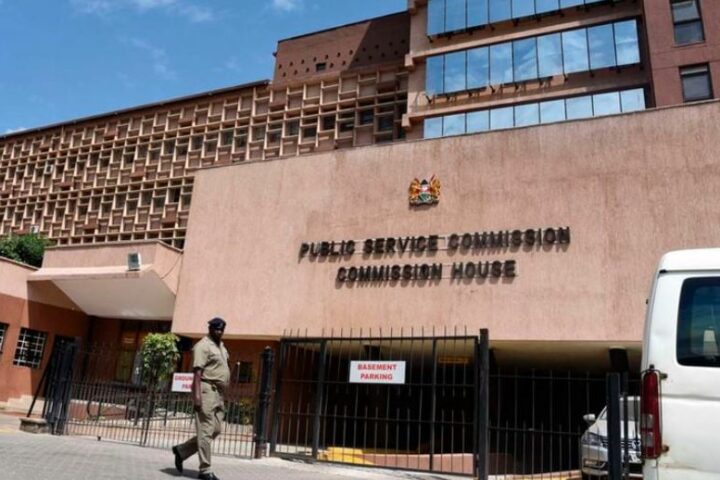 Paper trading, also known as simulated or virtual trading, offers a risk-free avenue to practice trading strategies, test ideas, and gain confidence without putting real money on the line.
Paper trading, also known as simulated or virtual trading, offers a risk-free avenue to practice trading strategies, test ideas, and gain confidence without putting real money on the line.
Think of it as a Forex practice account—an invaluable tool for beginners to learn the ropes of the market, as well as for experienced traders to refine their strategies.
However, to truly benefit from a paper trade account, one must approach it with the right mindset and strategies.
This article delves into how to make the most of a paper trade account, ensuring that the time spent on simulated trading translates into real-world trading success.
Keep a Trading Journal
Maintaining a detailed trading journal is as important in paper trading as it is in live trading.
Record your trades, including the rationale behind each decision, the outcomes, and any lessons learned. This can all be done from your mobile device, where you switch between your trading app and a note-taking app.
Reviewing your journal regularly can reveal patterns in your trading behavior, highlight what’s working, and identify areas for improvement.
This disciplined approach can greatly enhance your learning experience and effectiveness as a trader.
Treat It Like Real Money
The psychological aspect of trading with real money cannot be fully replicated in paper trading due to the lack of real financial risk.
However, treating the virtual capital in your paper trade account as if it were your hard-earned money can help bridge this gap.
This means making decisions based on sound analysis and risk management principles rather than taking unwarranted risks because there’s “nothing to lose.” By fostering discipline and a realistic trading mindset, you’re more likely to carry these habits into live trading.
Set Realistic Goals
Define clear, achievable goals for what you want to accomplish with your paper trading.
Whether it’s mastering a new trading strategy, getting familiar with a particular market, or improving your risk management techniques, having specific objectives helps to focus your efforts.
Track your progress towards these goals meticulously, allowing for adjustments based on what the simulated experience teaches you.
Use Real Market Conditions
Most paper trading platforms simulate real market conditions, providing an excellent opportunity to practice trading in a variety of market environments. Use this feature to your advantage by trading in different conditions, such as high volatility periods, market openings, or during economic announcements.
This variety can offer insights into how different factors affect market movement and how best to adjust your strategies accordingly.
Experiment with Different Strategies
One of the greatest benefits of paper trading is the ability to experiment with various trading strategies without risk.
Use this opportunity to test out different approaches, such as day trading, swing trading, scalping, or position trading. Explore various asset classes, from stocks and forex to commodities and cryptocurrencies, to understand how they differ.
Analyzing the outcomes of these experiments can provide valuable insights into which strategies best align with your trading style and goals.
Practice Risk Management
Effective risk management is crucial to successful trading, and a paper trade account is the perfect place to hone these skills.
Practice setting stop-loss orders and take-profit points to manage your risk on each trade. Experiment with different position sizes to understand leverage and its impact on your virtual portfolio.
Learning to manage risk in a simulated environment can significantly reduce the likelihood of costly mistakes in live trading.
Analyze Performance Regularly
Regularly review your trading performance, focusing on both successes and areas where you fell short. Analyze your winning and losing trades to understand what factors contributed to their outcomes.
This analysis can help refine your trading strategy, improve decision-making, and increase your overall market acumen.
Engage with a Trading Community
Many trading platforms and online forums offer communities for traders to share insights, strategies, and experiences.
Engaging with these communities can provide additional perspectives on your trading approach, offering constructive criticism and new ideas. Learning from the successes and failures of others can accelerate your growth as a trader.
Transition Gradually to Live Trading
When you feel confident in your paper trading results, consider transitioning gradually to live trading.
Start with small positions to acclimate to the emotional and psychological aspects of trading with real money. Incrementally increase your exposure as you become more comfortable and continue to see success.
This gradual approach helps mitigate risk as you adjust to the nuances of live trading.
Continuously Reflect and Adapt
The markets are constantly evolving thanks to economic developments and technological advancements, and what works today may not work tomorrow.
Continuous learning, reflection, and adaptation are key to staying ahead. Use your paper trading experience as a foundation, but remain open to learning and adapting your strategies as you gain more real-world trading experience.
Wrap Up
A paper trade account is more than just a training ground; it’s a sandbox for experimentation, learning, and personal growth in trading.
By approaching simulated trading with seriousness, setting realistic goals, and practicing disciplined risk management, traders can maximize the benefits of paper trading.
Keeping a detailed trading journal and regularly reviewing performance allows for introspective learning and strategy refinement.
Engaging with the trading community and gradually transitioning to live trading with a continuous learning mindset are crucial steps toward achieving long-term trading success.
Ultimately, the habits and insights gained from effective paper trading can lay a strong foundation for profitable live trading endeavors.








